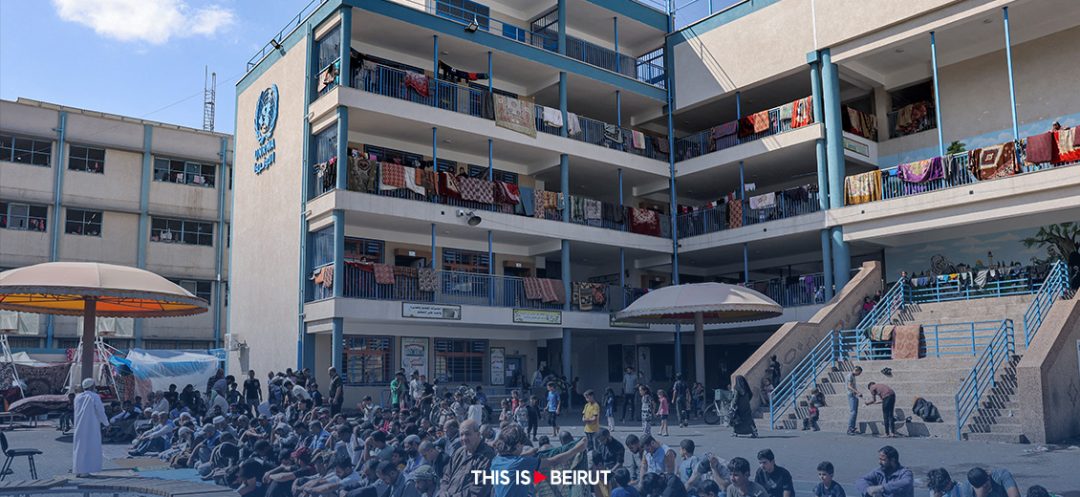The head of the UN agency for Palestinian refugees on Thursday November 16 expressed concern about the potential breakdown of civil order in Gaza as communications were disrupted once again, exacerbating the already severe fuel shortages.
The head of the UN agency for Palestinian refugees said Thursday he feared for civil order in Gaza after communications blacked out again amid dire fuel shortages.
The Palestinian telecom company Paltel confirmed the blackout.
The announcement came a day after a truck carrying 23,000 liters of fuel entered Gaza, marking the first fuel delivery to the Palestinian territory since the war between Israel and Hamas erupted nearly six weeks ago.
Israel has also imposed a near-total siege on Gaza, with little food, water, medicine and other aid going in, and no fuel besides the single truckload this week.
Israel fears Hamas will use fuel for weapons and explosives.
But aid agencies have repeatedly underlined the desperate need for fuel, used to power hospital generators and purify drinking water.
Lazzarini pointed out that due to the lack of fuel, 70 percent of residents in southern Gaza can no longer access clean water, and “we have sewage starting to flow in the streets.”
The one truckload of fuel allowed in was far from enough, he said, cautioning that UNRWA’s own operations were on the verge of collapse.
The impacts of the siege were so bad, he said he believed “there is a deliberate attempt to strangle our operation and paralyze the UNRWA operation” in Gaza.
“We need fuel, fuel and fuel,” he repeated.
He warned the siege could soon “become the main reason why people would die and be killed in the Gaza Strip.”
Lazzarini voiced shock over what he witnessed during a recent visit to an UNRWA school he said used to be filled with children eager to learn and that has been transformed into an overcrowded shelter for displaced people.
Lazzarini warned that the fresh blackout was expected to only complicate matters further, blocking UNRWA staff from communicating with each other.
He pointed out that during a previous communications blackout, hundreds of people “went into our warehouse and took whatever was available.”
Khalil Wakim, with AFP





